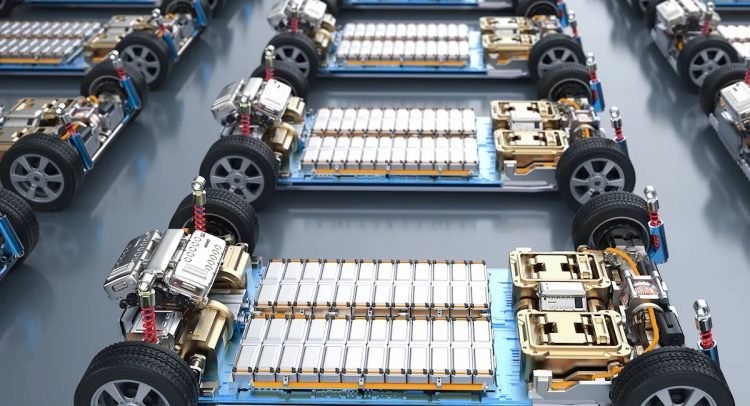As the world shifts toward renewable energy and eco-friendly technology, car manufacturers are responding by developing more sustainable batteries to power electric vehicles.
We all know that car battery is expensive, but we also need to make them better for the environment. Car batteries are a key part of every car, helping to start the engine and power the lights.
Moving past-dated lithium-ion cells, new battery chemistries reduce environmental impacts while improving range, charging speed, safety, and affordability. Here are some promising innovations driving car batteries’ green future.
Solid-State Batteries
Conventional lithium-ion batteries rely on liquid electrolytes to enable ion flow between electrodes. But, liquid electrolytes are volatile and flammable. Solid-state batteries replace the liquid with a solid material such as ceramic or polymer.
This results in a more stable, denser battery that can hold 2-3 times more energy. Solid-state batteries also charge faster and last longer through more charge cycles. Major car brands are investing heavily in commercializing the technology.
Sodium-Ion Batteries
Most car batteries today depend on relatively scarce lithium reserves that strain supply chains. Sodium-ion batteries utilize the more abundant and environmentally friendly sodium element instead.
Since sodium is easier to extract and refine, it provides a more cost-effective and sustainable battery component. Sodium-ion batteries charge rapidly and work at colder temperatures. Automakers like Hyundai are eying the tech for more affordable EVs.
Nickel-Rich Batteries
Shifting the cathode material mix toward higher nickel and lower cobalt content makes batteries less reliant on costly, ethically challenging cobalt sourcing.
Nickel-rich lithium-ion batteries also deliver increased energy density and stability. Models like the Chevy Bolt and Nissan Leaf Plus utilize NMC 811 cathode chemistry with 80% nickel. Further nickel increases are on the horizon.
Advanced Recycling Solutions
Recycling end-of-life EV batteries reduces environmental waste impacts while also supplying materials for new batteries. Methods like direct cathode recycling and advanced pyrometallurgical techniques now allow up to 95% of battery components to be extracted for reuse.
Wider adoption of battery recycling helps maximize resources and close the EV battery material loop.
Lower Impact Manufacturing
More efficient, cleaner battery manufacturing processes are emerging to diminish ecological footprints further.
Producing cells with renewable energy, limiting waste, and reducing high-temperature processing delivers significant sustainability gains.
Responsible and ethical raw material sourcing is also growing through battery supply chain monitoring.
Future Innovations
From sodium-sulfur and lithium-air configurations to advanced supercapacitors and graphene-enhanced cells, battery innovations show no sign of slowing. Continued research and manufacturing improvements will yield even more efficient, sustainable options.
Within the decade, enhanced batteries could deliver up to 500 to 600 miles per charge as EVs go mainstream.
Conclusion
Automotive battery technology has progressed enormously from early lead-acid cells. Just as a car tire wears out naturally over time, the traditional car battery is evolving, adapting to the needs of our environment and the demands of technology.
With batteries now rivaling engines as the heart of the vehicle, sustainable power will be key to driving our transportation future.

